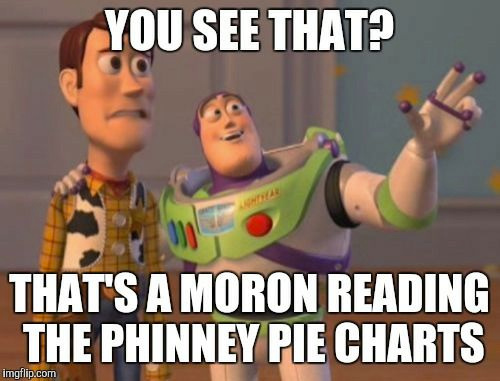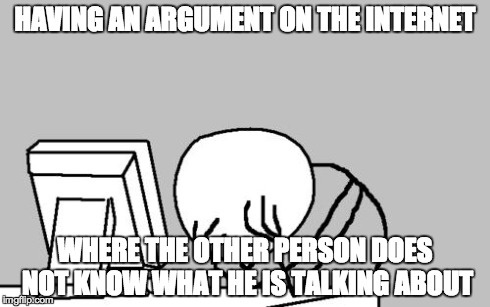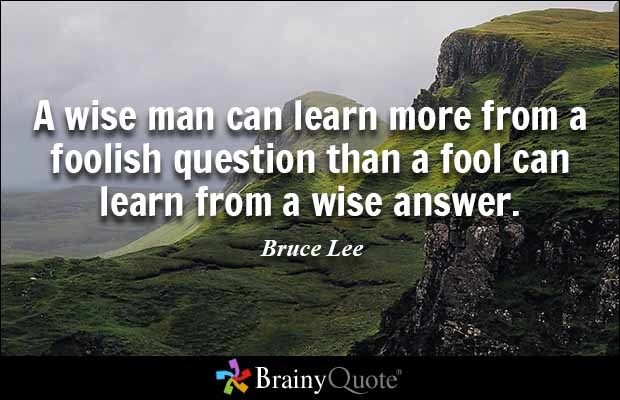That’s not what he says. He says “when we take someone who is … 25kg overweight and we tell them to cut their carbs to a level that allows them into nutritional ketosis, and keep your protein moderate - for this person that would be maybe 80-100g of protein a day intake, and tell them don’t restrict your calories … eat fat to satiety don’t go away from the table hungry. – most people will spontaneously limit their caloric intake to 1400-1500 kCal/day. So it’s not on purpose, they are not counting calories”
Dr Phinney goes on to say “But at some point, just instinctively, the persons lost 10 kilos they get into this creeping case of ‘it takes me a little more to become satisfied’ … people will SPONTANEOUSLY add more fat and creep up to 1800 kCal, Weight loss slows but they are still losing weight”
They are SPONTANEOUSLY adding fat as their body fat is less able to support their caloric needs. They are not deliberately reducing caloric intake to burn body fat.
He goes on to describe the slide containing his evolving pie chart.
“So in this graphic down here [the Phinney pie chart] what we’re trying to demonstrate is if you look at what you are eating … this says 25% fat because 50% of your energy is coming from body fat. As you add more calories from outside, that proportion of body fat progressively creeps down to zero as one gets to long term weight maintenance”
But the question you have to ask yourself is what is the driver of that? Am I supposed to RESTRICT my calories coming from the outside short of satiety … OR am I supposed to use SATIETY to stop at the point where I am adequately fueled and that spontaneously restricts the incoming calories. Well luckily Dr Phinney answers that question with …
#"The primary driver here is SATIETY.
“As people lose 25kg of body fat, they will naturally develop a fat hunger. What is fat hunger? well if you’ve eaten what was a reasonable portion, and you are thinking ‘I’m not that satisfied’ and you open the door of the fridge and the Butter is looking good. That’s fat hunger, and we have to coach people to recognize it. … Their intake naturally evolves over time.”
BTW that breakfast he was talking about was not the one Dr Phinney shared with me and Dr Taylor in Sydney. This video is the Melbourne event a day later. But I saw him order a bowl of butter the dinner the night before the Sydney presentation.
I noticed this meme developed by Mike Julian and you’ll see it around the keto groups on Facebook.

If people on KetoSaveMe are telling people that the Phinney Charts mean you must calorically restrict to lose weight, then in the words of Mike Julian’s snarky meme they are “morons”.
Because as you’ve just heard from Dr Phinney that is not what those charts mean.
I wouldn’t, of course, call anyone trying to help people with a ketogenic diet a moron - but a MEME must be correct, Right?




 's own words.
's own words. …i think that makes sense?
…i think that makes sense?

